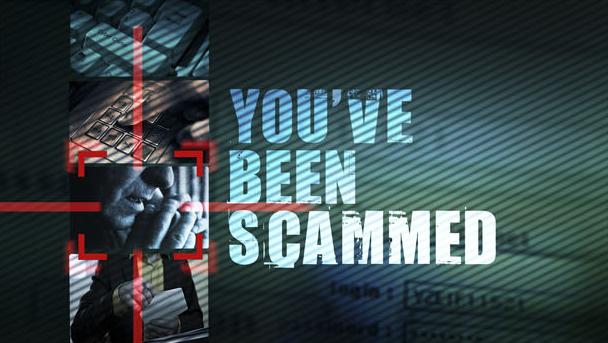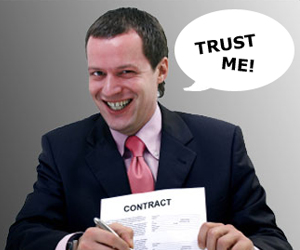When timeshare owners decide to part ways with their vacation properties, the resale market may seem like a viable option. However, navigating the timeshare resale market can be treacherous, with numerous risks and scams lurking around. In this article, we’ll expose the potential dangers of the timeshare resale market, shedding light on the deceptive practices that can affect owners seeking to sell their timeshares.
1. Upfront Fees and Scam Companies
One of the most prevalent scams in the timeshare resale market involves upfront fees. Scam companies promise to help owners sell their timeshares but demand a hefty upfront payment. After collecting the fee, these companies often disappear, leaving owners out of pocket and still in possession of their timeshares.
2. False Promises of Quick Sales
Some resale companies promise owners a quick sale at an unrealistically high price. While this may sound appealing, the reality is that the resale market is saturated, and it can take months or even years to find a buyer. Owners who fall for these false promises may find themselves frustrated and deceived.
3. Bogus Buyers and Fake Offers
Scammers in the resale market may pose as potential buyers, making fake offers on timeshares. These fake buyers often disappear after gaining access to the owner’s personal information, creating concerns about identity theft and fraud.
4. Unscrupulous Resale Agents
Even legitimate resale agents may employ questionable tactics. Some may push owners into lowering their sale prices significantly or coercing them into accepting unfavorable terms. These practices can lead to financial losses for owners.
5. Unverified Resale Companies
Owners who choose to work with resale companies must exercise caution and verify the legitimacy of these companies. Scams and unscrupulous operations are common in the industry, and due diligence is essential to avoid falling victim.
6. Resale Advertising Costs
Owners who attempt to sell their timeshares on their own often invest in advertising, listing fees, and other costs to attract potential buyers. While advertising can be effective, it can also lead to additional expenses without a guaranteed sale.
7. Depreciating Timeshare Values
The resale market is inundated with timeshares, many of which are offered at significantly lower prices than the initial purchase cost. This oversupply drives down the value of timeshares, making it challenging for owners to recoup their investments.
8. Lack of Regulation and Oversight
The timeshare resale market is notoriously underregulated, leaving it susceptible to scams and deceptive practices. Unlike the primary timeshare industry, there are few protections in place for owners in the resale market.
9. Counterfeit or Misleading Listings
Owners who attempt to sell their timeshares may encounter counterfeit or misleading listings on resale platforms. These listings can confuse potential buyers and make it difficult for legitimate sellers to find interested parties.
10. Exit and Release Scams
Owners looking to exit their timeshares may fall victim to scams promising quick and guaranteed exits. These scams often involve upfront fees and fail to deliver on their promises, leaving owners in a worse financial situation.
Conclusion
The timeshare resale market is rife with risks and scams that can harm owners seeking to sell their vacation properties. It’s crucial for owners to approach the resale process with caution, verify the legitimacy of resale companies, and be aware of common deceptive practices. While selling a timeshare is possible, navigating the resale market requires vigilance and due diligence to protect against potential financial losses and scams.




